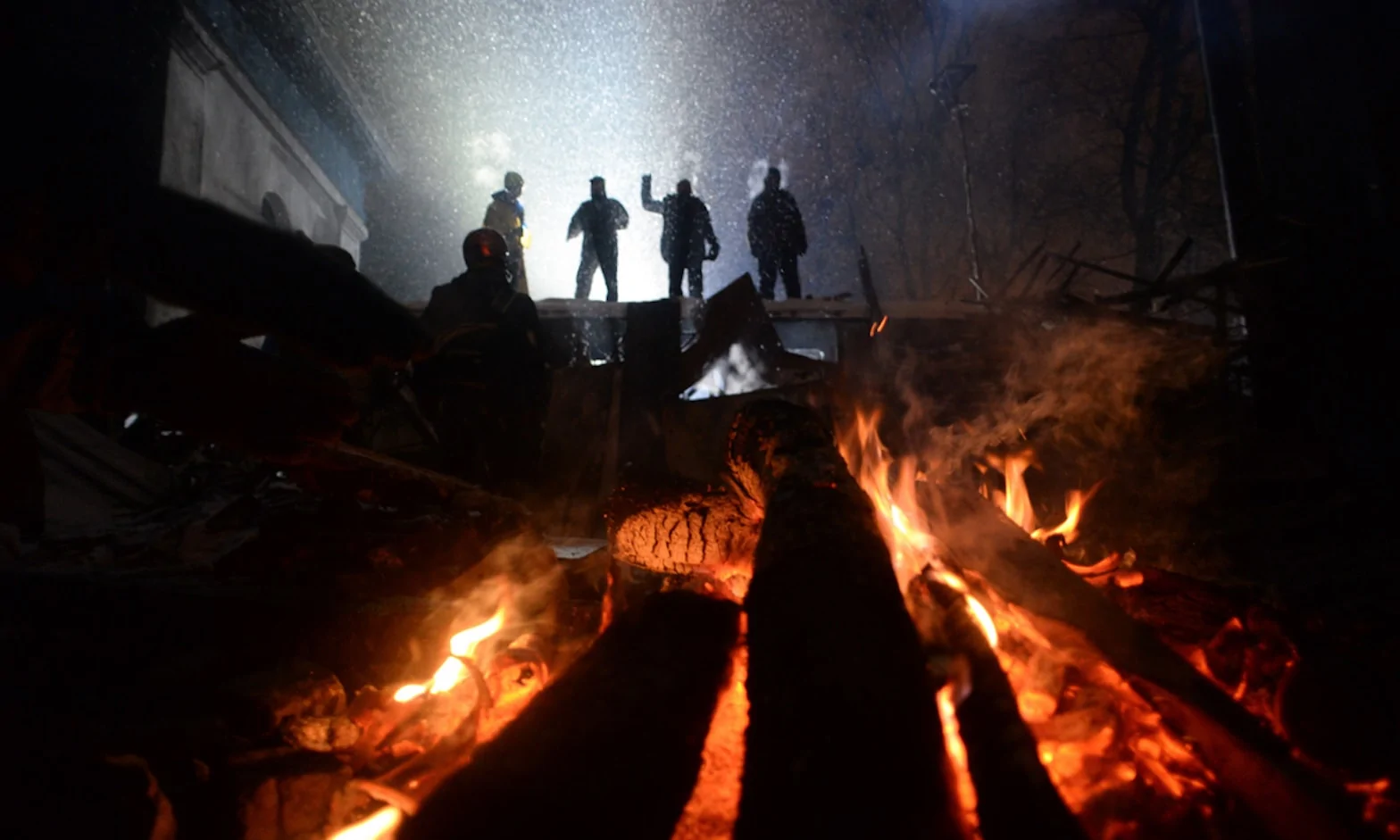Horizon Scanning for National and International Security (unedited issue) Click on the image to access the Weekly
Monthly Archives: May 2014
Arctic China (1) – The Dragon and the Vikings
On 15 March 2013, China and Iceland signed a bilateral free trade agreement (Ministry for foreign affairs, Iceland). This agreement was signed three months before the Republic of China became a “permanent observer”of the Arctic Stephen Blank, “China’s Arctic strategy“, The Diplomat, 20 June 2013), while the “Snow Dragon”, the first Chinese icebreaker, has already made five trips in the Arctic, in 1999, 2003, 2008, 2010 and 2012, at which occasion it sailed the Northern Sea Route. This political and economic move by Beijing reveals a deep evolution of the grand strategy of the People’s Republic of China, as well as the shifting balance of power in the north-Atlantic region and in the Arctic. Over the last twenty-five years, with a …
Continue reading “Arctic China (1) – The Dragon and the Vikings”
The Red (Team) Analysis Weekly 153 – The Paradox of Change?
Editorial – The paradox of change? Reading through the multiple crowd-sourced articles of the Weekly, what stands out is a perception of an acceleration of change. In itself, each flashpoint or problem is not new, and has been either underlined or monitored for months and even for years for some of them. Yet, when we look at all of them …
Continue reading “The Red (Team) Analysis Weekly 153 – The Paradox of Change?”
Conflict in Ukraine – Setting the Stage
The crisis in Ukraine started on 21 November 2013 with the Euromaidan protests in Kiev. Six months later, it is threatening to become a full-blown civil war with severe global impacts, unless the situation is stabilised. As for any conflict it is important to assess possible futures and impacts at all levels. Image: Mstyslav Chernov/Unframe – CC BY-SA 3.0 This article starts a series on the conflict in Ukraine, which aims at providing the most possible useful analysis of the situation. As we did with Syria, the series will focus on the states of play for the actors and the situation on the ground, a necessary foundation for any proper strategic foresight and warning regarding the conflict. After outlining our analytical framework to overcome the difficulties related to propaganda, we shall …
Continue reading “Conflict in Ukraine – Setting the Stage”
The Red (Team) Analysis Weekly 152 – Forgetting Food Security?
Editorial – Forgetting food security? While the tense stand-off between the U.S., the E.U. and European member states on the one hand and Russia on the other does not abate and spreads to space, while most focus on the fossil fuel component of the Ukrainian global crisis, one crucial element of this energy that is vital for human societies, food, tends to be forgotten (for food as energy, see e.g. Thomas Homer Dixon, The Upside of Down, 2008). It is, however, usefully re-called to out attention by Chris Martenson’s article “Rising Resource Costs Escalate Odds of Global Unrest” (via Peak Prosperity on Zerohedge). True enough, if you head to the FAO monitoring of the global food situation, so far things are looking all right. Furthermore, according …
Continue reading “The Red (Team) Analysis Weekly 152 – Forgetting Food Security?”
Egypt and Climate Security
Since 2008, when massive food riots took place, followed by the “Arab spring revolution” in 2011, Egypt has become a land of political, religious and social conflicts (Krista Mahr, “Bread is life: food and protest in Egypt“, Time Magazine, January 31, 2011; Georges Corm, Le Proche-Orient éclaté, 2012), some of them between armed militant and religious factions on the one hand, the police, the military and the secret services, on the other. Meanwhile the civil society strongly emerges. Beyond spectacular events, the causes of these domestic political and religious conflicts are rooted, among other factors, into international and climate change dynamics. In effect, Egypt’s society and politics are deeply affected by the entanglement of economic, political, environmental and climate change …
Continue reading “Egypt and Climate Security”
The Red (Team) Analysis Weekly 151, 8 May 2014
Horizon Scanning for National and International Security (unedited issue) Click on the image to access the Weekly
The Red (Team) Analysis Weekly 150, 1 May 2014
Horizon Scanning for National and International Security (unedited issue) Click on the image to access the Weekly






